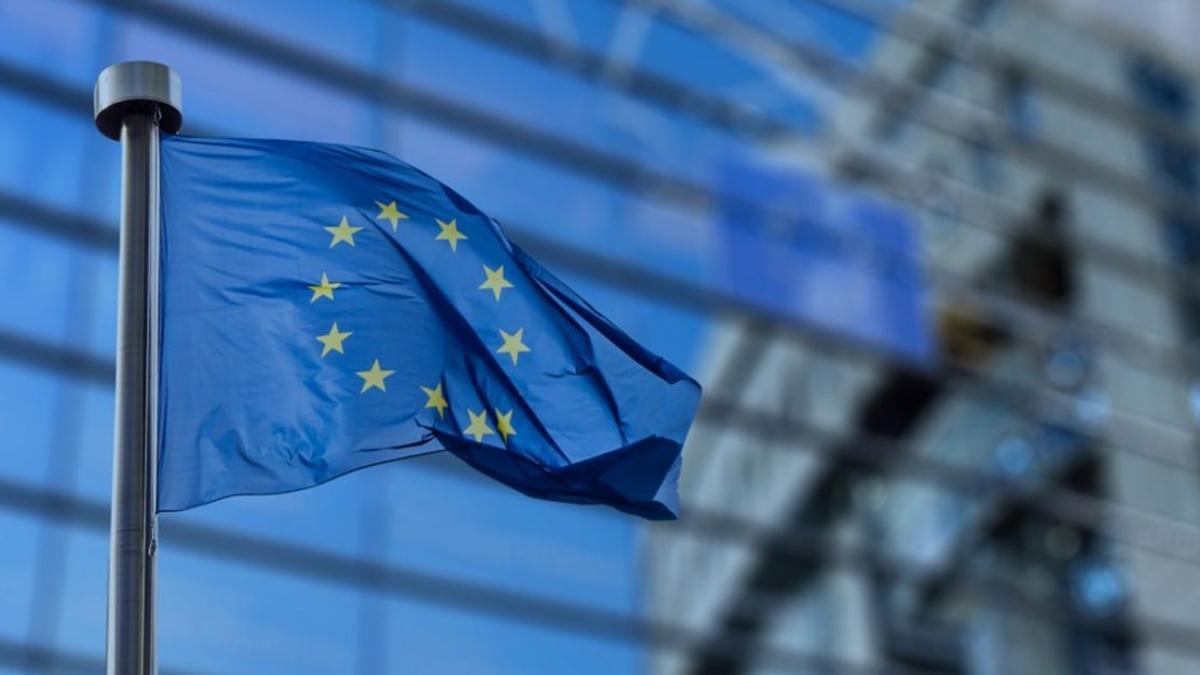Politics
Europe to collect Ethereum DeFi data to monitor decentralized finance

Source: Observatorioblockchain / Jennifer Maldonado
The European Commission approved a pilot project to monitor the movements of the Ethereum DeFi financial ecosystem. The pilot project approved by the European Commission will allow the creation of its own system to supervise decentralized finance (DeFi). Specifically, the pilot seeks to ensure that integrated oversight exists within the decentralized Ethereum ecosystem, currently the largest DeFi environment in the blockchain industry. According to data from DeFi Llama, there are more than 570 DeFi protocols on Ethereum. Europe, which is about to pass the Cryptocurrency Markets Act (MiCA), also wants to secure the decentralized environment to minimize risks and mitigate the possible impact that this ecosystem may have on the stability of the region.
MiCA keeps stablecoin transactions at €200 million daily
Europe DeFi Ethereum
Through the new pilot project, the European Commission will automatically collect data and information from the Ethereum network and its decentralized protocols. The Commission noted that one of the main objectives of this pilot project is to check and test the technological capabilities of the blockchain to provide real-time monitoring data. In addition to being the largest DeFi ecosystem in the crypto industry, Ethereum is also one of the largest public blockchains. Which will make it easier for the European Commission to access and collect information and supervisory data on DeFi movements. Europe has allocated about $250,000 to the development of this project and it could be available in early 2024.
The European Crypto Regulatory Environment
The European Commission has been working on the creation of a regulatory framework for the cryptocurrency industry for some time. However, the MiCA law that is currently being debated and recently approved by the Committee on Economic and Monetary Affairs of the European Parliament does not encompass the entire crypto ecosystem within its scope. Said law excludes NFT tokens, imposes reduced daily trading volumes for stablecoins and does not consider DeFi. This forces legislators to formulate other initiatives to supervise these important sectors of the crypto ecosystem.
In addition to MiCA, Europe recently passed a series of new sanctions against Russia involving cryptocurrencies. Last week, the European Commission reported much stricter bans preventing Russian citizens from accessing cryptocurrency wallet, account or custody services; regardless of the amount or value of transactions or deposits. Although these sanctions do not entirely prevent Russia from receiving donations in crypto from support groups, they are part of its goal of regulating the crypto industry.
The dormant potential of DeFi
Although the decentralized financial ecosystem has lost more than 67% of its liquidity or total value deposited since the beginning of the year, it is an ecosystem with great potential. In early September, the US Federal Reserve, FED, signaled that the decentralized finance ecosystem would rapidly “exploit” any and all profitable opportunities. According to the Fed, it will do so regardless of the supervisory concerns surrounding this decentralized financial environment, which is not regulated or controlled by any entity.
LaF ED referred to the fact that blockchain technology will progressively and constantly evolve financial services, offering new and more efficient financial services based on the blockchain. At this point, DeFi finance is becoming an important financial instrument for the unbanked. Even an alternative for people who want to access financial services directly and without intermediaries.
OECD and crypto taxation
Another of the sectors in which Europe has been advancing in the field of cryptocurrency regulation is the tax sector. Recently, the European Organization for Economic Cooperation (OECD) published a tax reporting framework applicable to cryptocurrencies. Within this framework, the organization establishes a global standard for the control of crypto assets.
The OECD specifies that the rapid growth of the cryptoactive market warrants the presentation of a tax report by its participants. In this framework, the communication of data and information on the transactions carried out with these digital assets in a standardized manner must be guaranteed.
G20 wants to regulate cryptocurrencies like the traditional financial industry
The publication of this reporting framework corresponds to a mandate made by the G20, according to the organization. The group of twenty has recognized that cryptocurrencies can bring great benefits to the financial system. However, in the middle of this year, he also highlighted the need to regulate the industry by applying existing regulations. He stressed that cryptocurrencies have been performing an economic function similar to traditional financial instruments, so they should comply with traditional regulations to mitigate their possible risks.